Taking Flight
Flying high at Data Centre World in October is General Manager of Intel® Data Centre Manager (DCM) Solutions, Jeff Klaus. Jeff will be making a presentation entitled 'Software-Defined Infrastructure: An Auto-Pilot for the Data Centre'.
?The Sperry A-5 is a high-speed gyroscopic autopilot that provides true visibility and clarity into a plane's flight operations,? says Jeff. ?At a glance, this instrument allows a pilot to make faster, more stable corrections of the aircraft, even at night and during adverse weather conditions.?
Jeff explains that data centre managers also require real-time visibility into power, performance and thermals. ?Under any conditions, a highly-automated, software-defined resource model and orchestration layer can protect data centres against potential equipment failures and otherwise undetected cooling anomalies. It also empowers data centre managers to ?fly straight,? readily right-sizing their hardware resources on demand.?
At Intel, Jeff is in charge of a global team that designs, builds, sells and supports Intel DCM, the only software that provides real-time, server-level data on the power and thermal conditions across a wide range of data centre servers and other equipment. ?Provided as an SDK, Intel DCM middleware is integrated into Data Centre Infrastructure Management (DCIM) consoles to increase data centre power and thermal efficiency by as much as 40 per cent, helping facilities managers to better contain costs. DCM leverages Intel's unique understanding of today's leading server hardware.?
Since Jeff joined Intel in 2000, his accomplishments have been recognised by multiple division awards. With a broad background in software solutions for the channel, client and SMB space, Jeff has served as Director of Media Programs within Intel's Digital Home Group, Entertainment Content Marketing Manager, Business Operations Manager, and Software Marketing Manager.
Jeff explains that data centres are critical to ensuring that an enterprise's IT infrastructure is reliable, robust, and secure. ?This is essential because communication and data processing is integral to modern effective business. Without the data centre, enterprises are exposed to physical breach, infrastructure failures, and IT service disruptions which could prove cataclysmic.?
?A data centre's job is to physically secure the IT assets, ensure connectivity within the data centre (as well as to the outside), limit access to desired people over standard channels, and minimise environmental variables.?
In the data centre field, there have been many advancements to reduce carbon emissions through innovation, knowledge sharing, and data analysis. Jeff says that from data centre site selection, design, construction, material innovation, and power and thermal data collected from server populations, people continue to innovate to reduce economic and environmental costs related to data centres.
?An example of this creativity is in the alteration of the common practice expelling data centre extracted heat into the atmosphere, or downstream of the intake water source. Several European cities who have district heating infrastructures happily take (and pay for) what would otherwise be ?waste heat? from local data centres and use it to warm homes, businesses, factories, and/or greenhouses.?
?That is a bit of an extreme synergistic example of reuse, but it shows the level of creativity and desire to reduce the impact while leveraging any opportunities.?
Jeff notes that there are a lot of discussions around future data centre performance. ?I think first it's important to recognise Smart Grids, Smart Cities, Smart Buildings, etc? are only smart because we have these IT capabilities, so the data centre isn't going away. It will morph and change with innovations but the physical demands remain, and so the need to house these capabilities will also remain.?
Jeff says that the largest discussion is likely to revolve around who and how much of the future data centre presence will reside within the public cloud, and what will remain within the four walls of the enterprise data centre. ?I think analysis of this is still nascent and will take time to mature into an area of practice.?
?All that said, innovators will continue to find many different answers to minimising end-to-end energy use in data centres. We all recognise a Kilowatt-hour of savings in a data centre means huge savings, as well as potential energy that can be directed to productive use. So industries full of teams will remain focused on efficiency in every part of IT, and its infrastructure.?


 Cloud & AI Infrastructure
Cloud & AI Infrastructure
 eCommerce Expo | DMEXCO ASIA
eCommerce Expo | DMEXCO ASIA

)
)
)
)
)
)
)
)
)
)
)
)
)
)
)
)
)
)
)
)
)
)
)
)
)
)
)
)
)
)
)
)
)
)
)
)
)
)
)
)
)
)
)
)
)
)
)
)
)
)
)
)
)
)
)
)
)
)
)
)
)
)
)
)
)
)
)
)
)
)
)
)
)
)
)
)
)
)
)
)
)
)
)
)
)
)
)
)
)
)
)
)
)
)
)
)
)
)
)
)
)
)
)
)
)
)
)
)
)
)
)
)
)
)
)
)
)
)
)
)
)
)
)
)
)
)
)
)
)
)
)
)
)
)
)
)
)
)
)
)
)
)
)
)
)
)
)
)
)
)
)
)
)
)
)
)
)
)
)
)